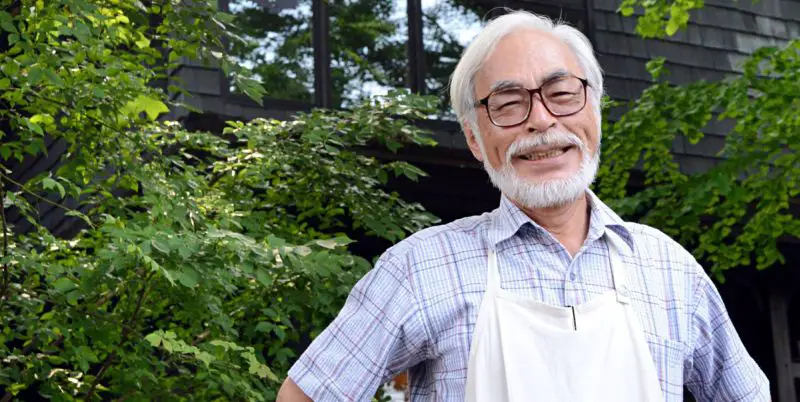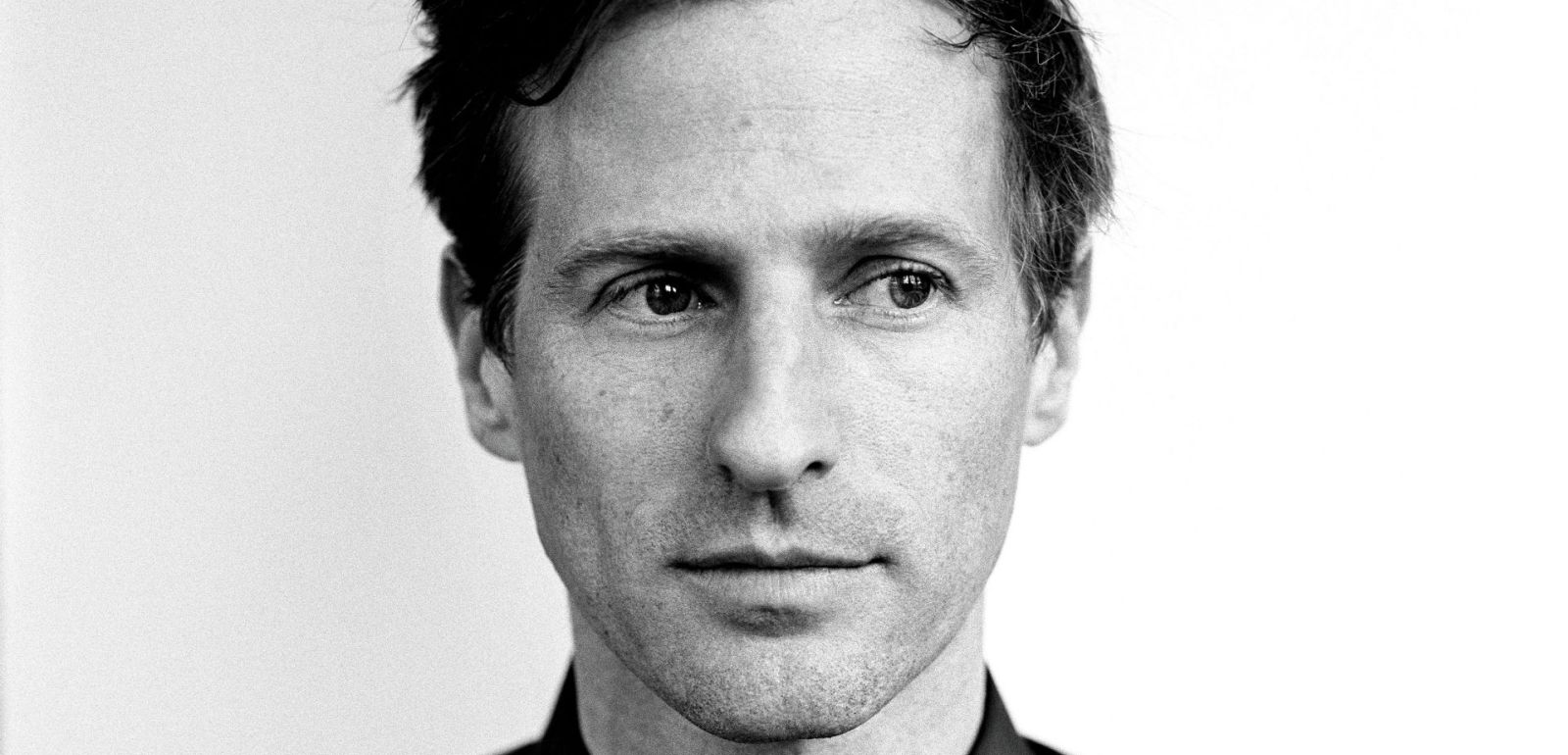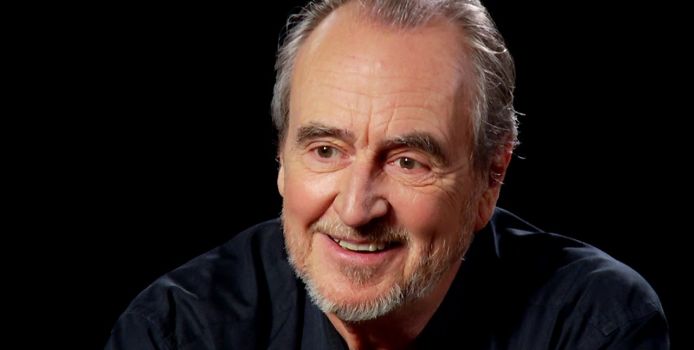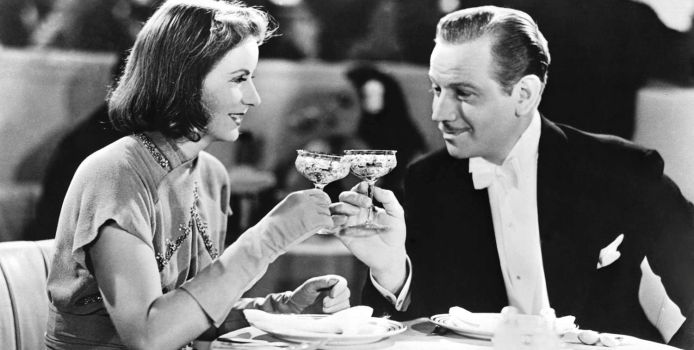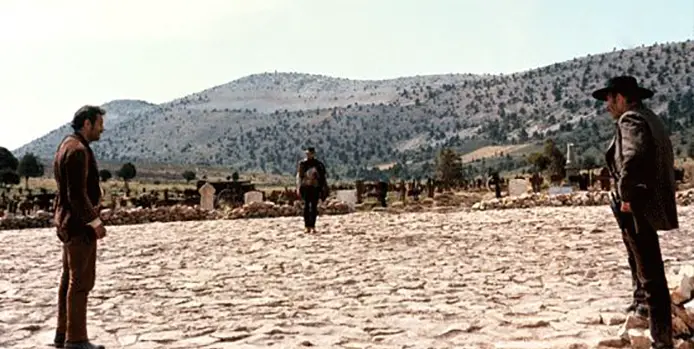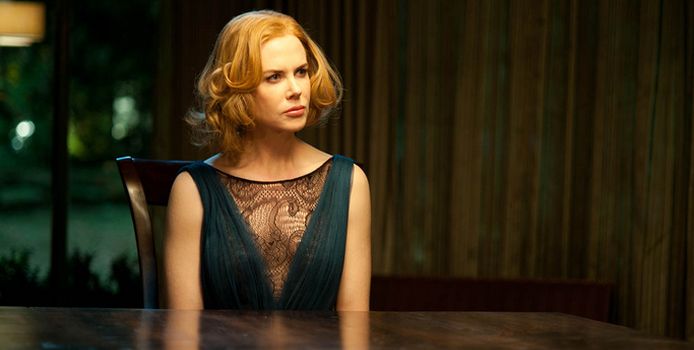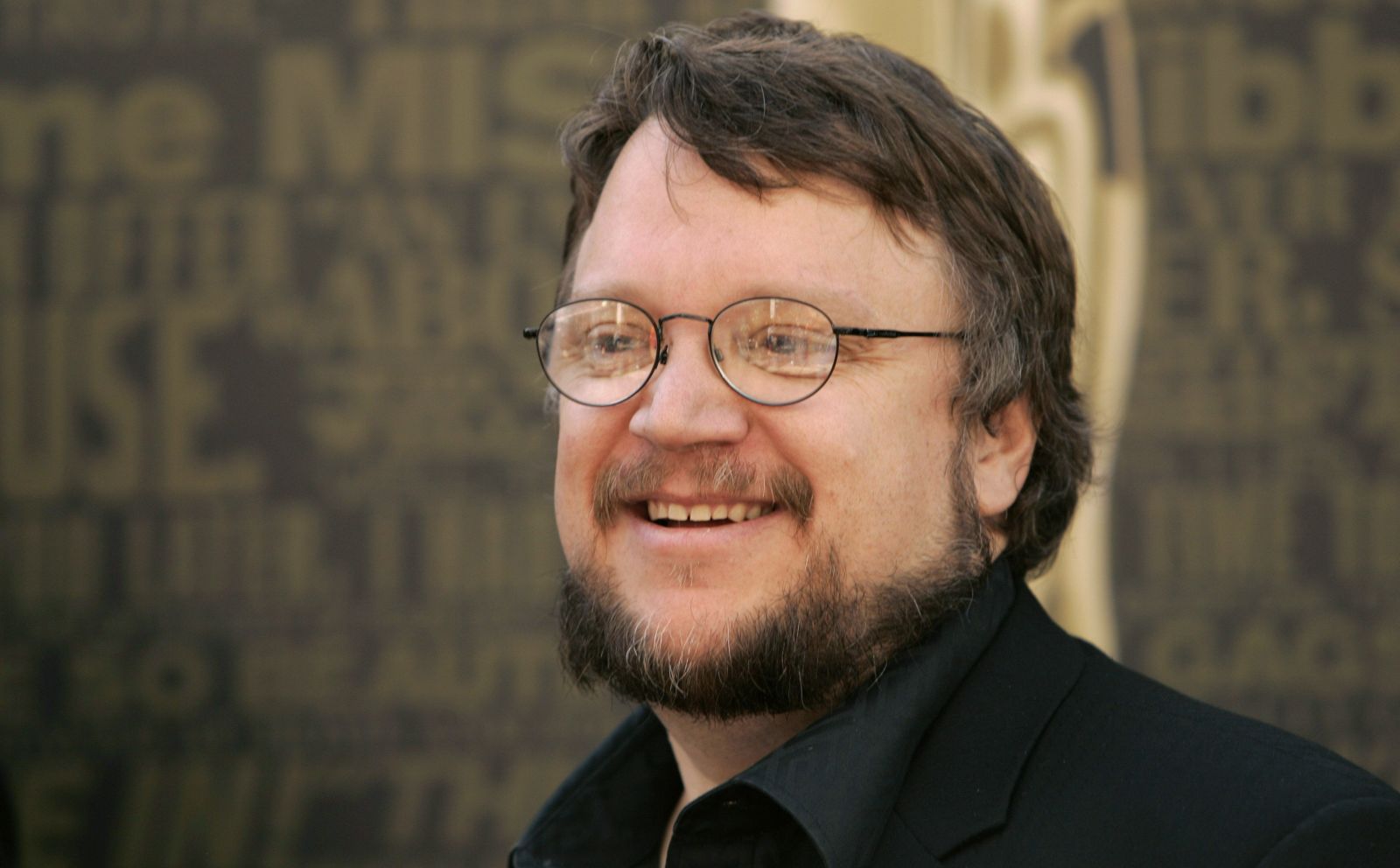
Near the conclusion of Hellboy II, we find the eponymous hero at death’s doorstep. Hellboy is laid at the feet of his personal Angel of Death, a shrouded, veiled monstrosity whose ragged wings are festooned with a series of enormous, amber eyes. Elizabeth Sherman, Hellboy’s partner, cradles his unconscious body in a pose reminiscent of the Pietà, an aesthetic emphasized by the magical spearpoint thrust into Hellboy’s side.
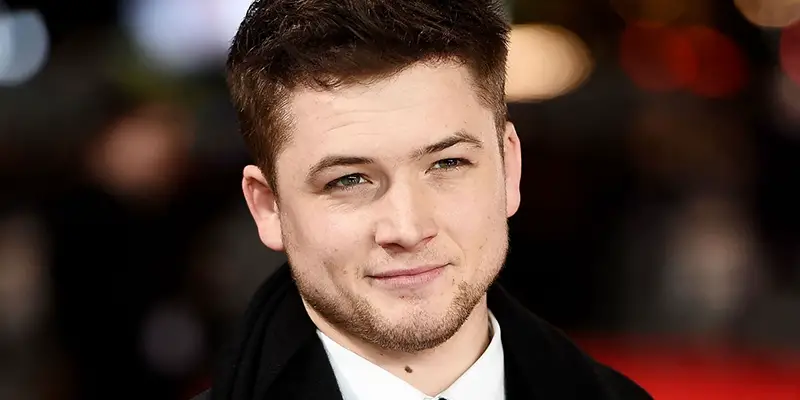
Earlier this year, while getting all excited for the release of Kingsman, I decided to watch Colin Firth and his still unheard of co-star being interviewed on The Jonathan Ross Show. I think it only took five minutes for me to fall for Taron Egerton. His familiar soft Welsh accent, his charisma, his wit, but also his modesty really touched a chord with me.
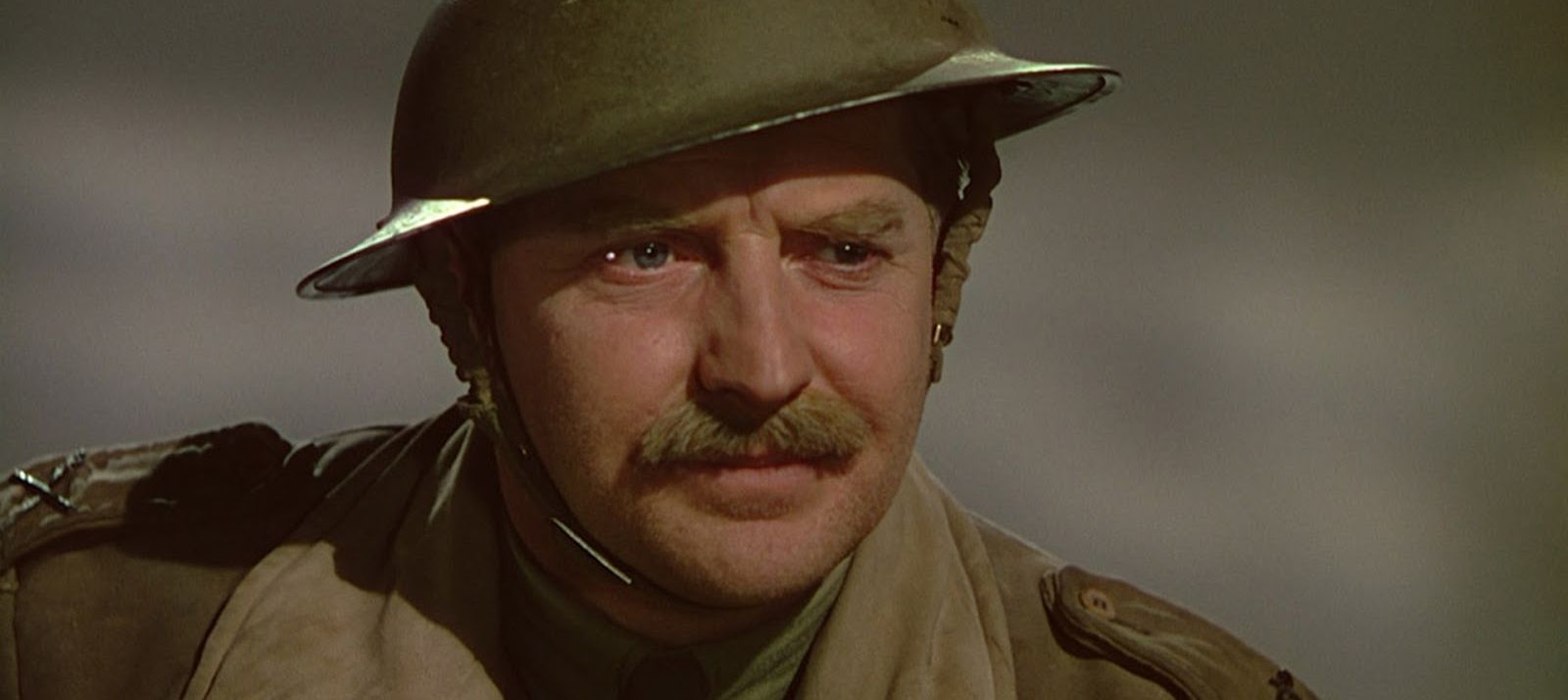
How is it that so many people remain unaware of the mighty Roger Livesey? This peerless actor was the centrepiece of many of the finest films in British history. Born in Barry, South Wales in 1906, Livesey is rarely invited into the superclub of immortal Welsh greats like Richard Burton, Anthony Hopkins, Rachel Roberts and Hugh Griffiths.

David Lynch has one of the most polarizing bodies of work in Hollywood (though he is objectively one of the nicest and most genuine people there). His films divide audiences like they were born of a marriage between Moses and Solomon. Filled with peculiar idiosyncrasies and defiantly flaunting conventions of both genre and narrative, Lynch’s films have been stubborn in their consistency for most of his career.
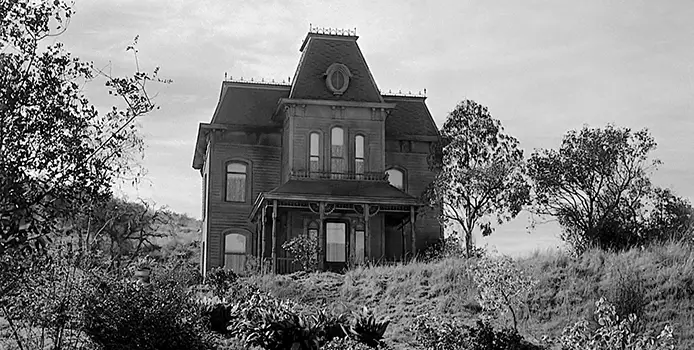
In 1960, Alfred Hitchc*ck saw the future. The British director had been a force in cinema since silent films, but the 1950’s were by far his most successful decade at the movies. He churned out blockbuster after blockbuster, all filmed in gorgeous color with top Hollywood stars like James Stewart, Cary Grant, and Grace Kelly.

British director Alfred Hitchc*ck’s reputation as the “Master of Suspense” is still familiar to moviegoers around the world 25 years after his death. Hitchc*ck’s jowly visage and drawling accent are pop culture fixtures, and his movies are endlessly imitated and even spun-off into popular TV series. However, Hitchc*ck was more than just the man who gave the world Norman Bates and that infamous shower scene in Psycho (1960).
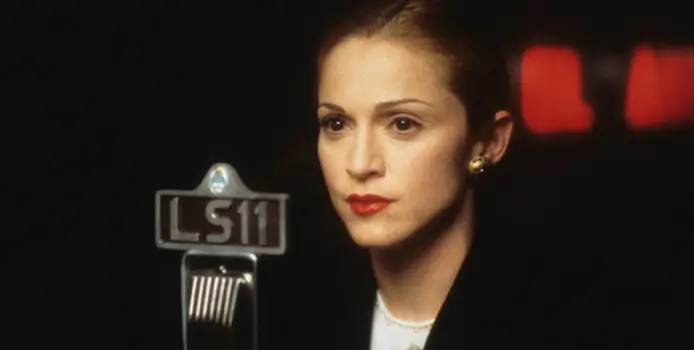
Madonna is (was, depends on who you ask) at one point considered one of the biggest pop stars in the world, so it came as no surprise when she decided to try her hand at acting. I’m no person to criticize another person’s acting ability (particularly when I have crippling stage fright), but I’m just perplexed about how her films were critical and commercial disasters. If she was one of the biggest pop stars of her time, why didn’t her film career match that same success?
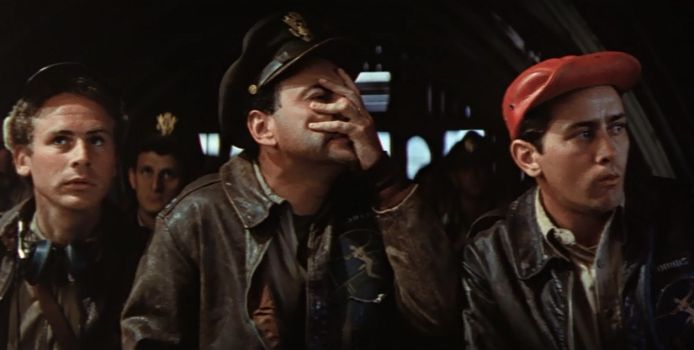
With a Finger in Each Ear, We March Blindly On The Vietnam War, which had begun as a geopolitical chess match in the 1950’s, escalated into a full blown land war in 1965 when President Lyndon Johnson authorised the use of American ground troops to help South Vietnam defeat the Communist North. More than any conflict in the 20th Century, Vietnam segregated America into a civil war of ideals. The burgeoning counterculture rejected and rallied against it, even denouncing the troops themselves.


